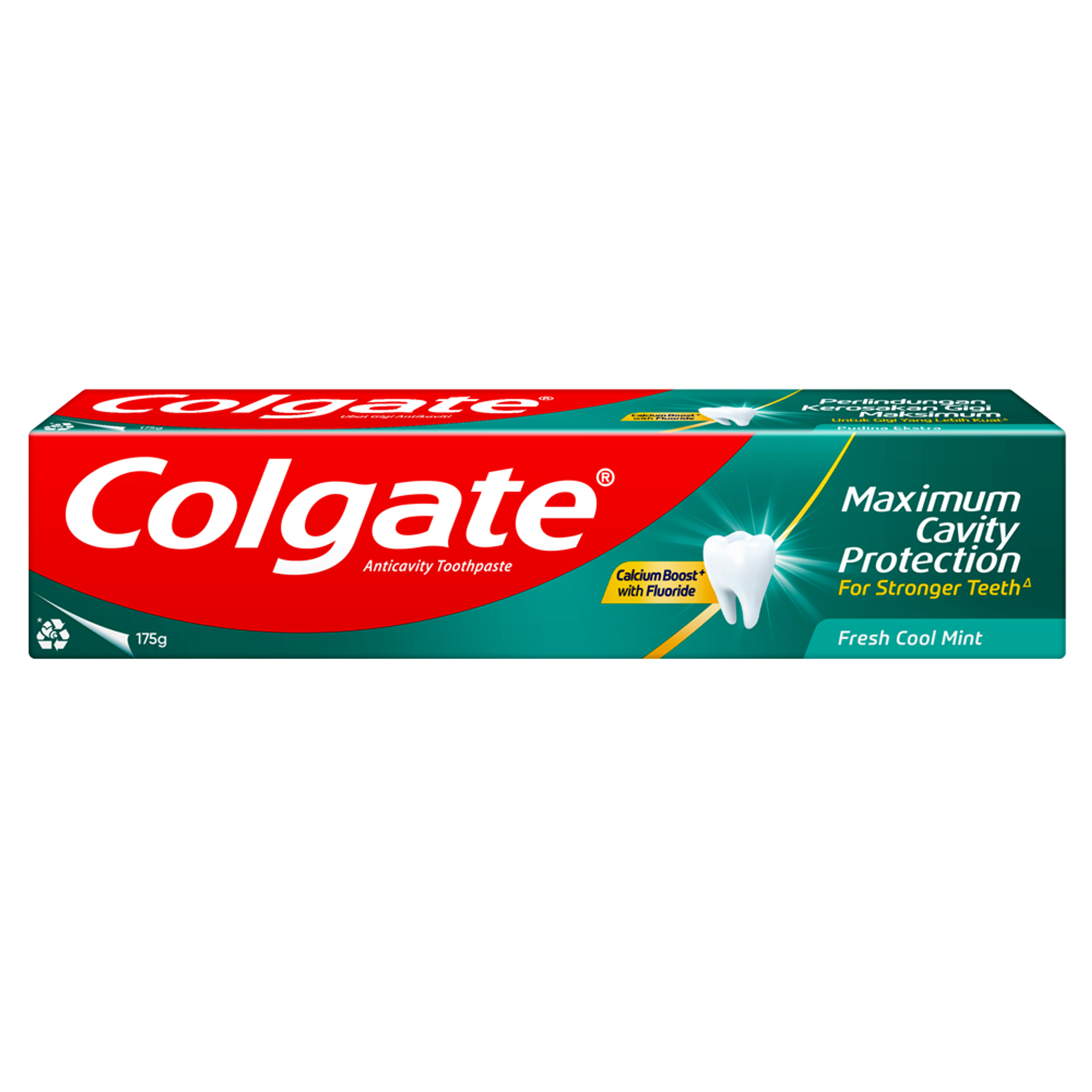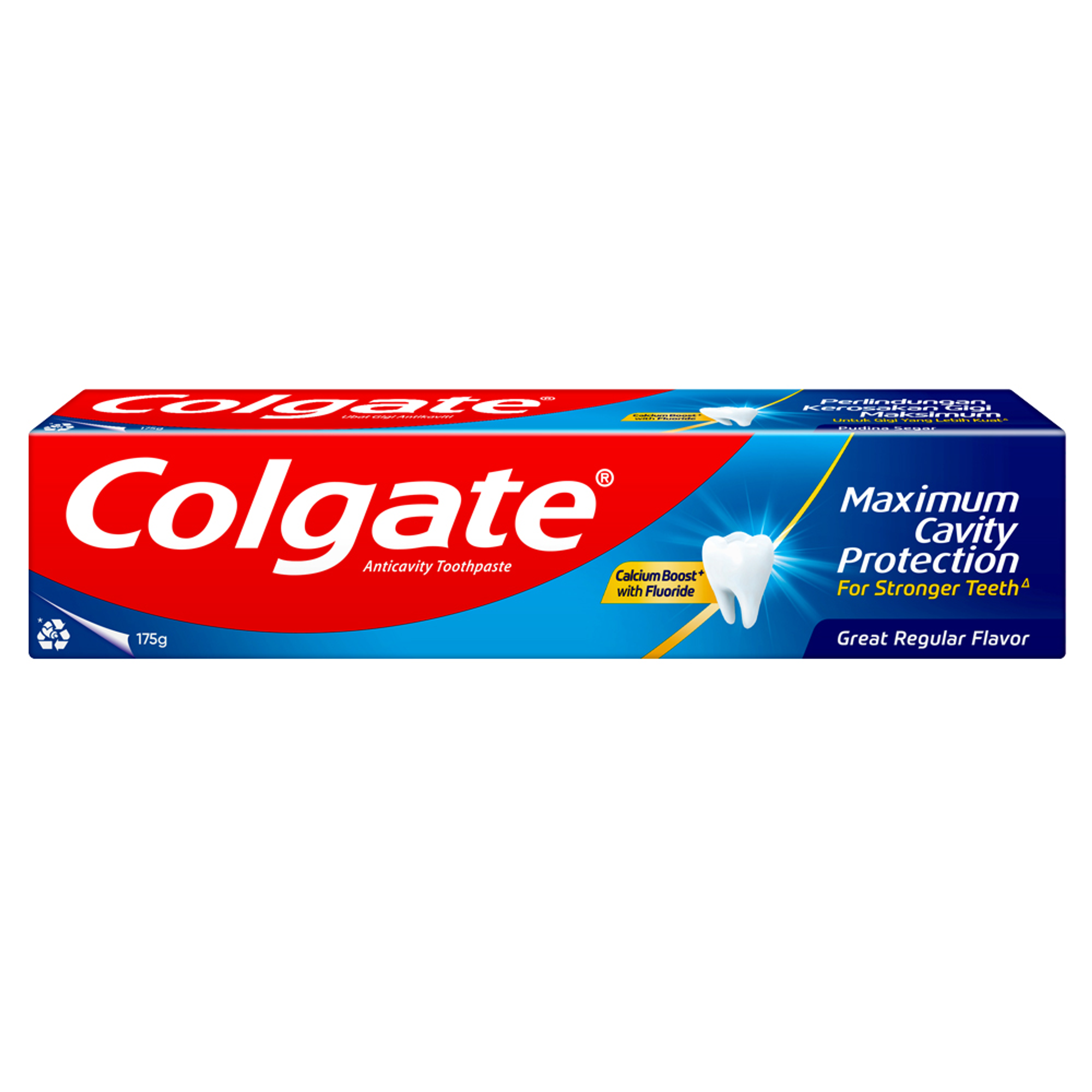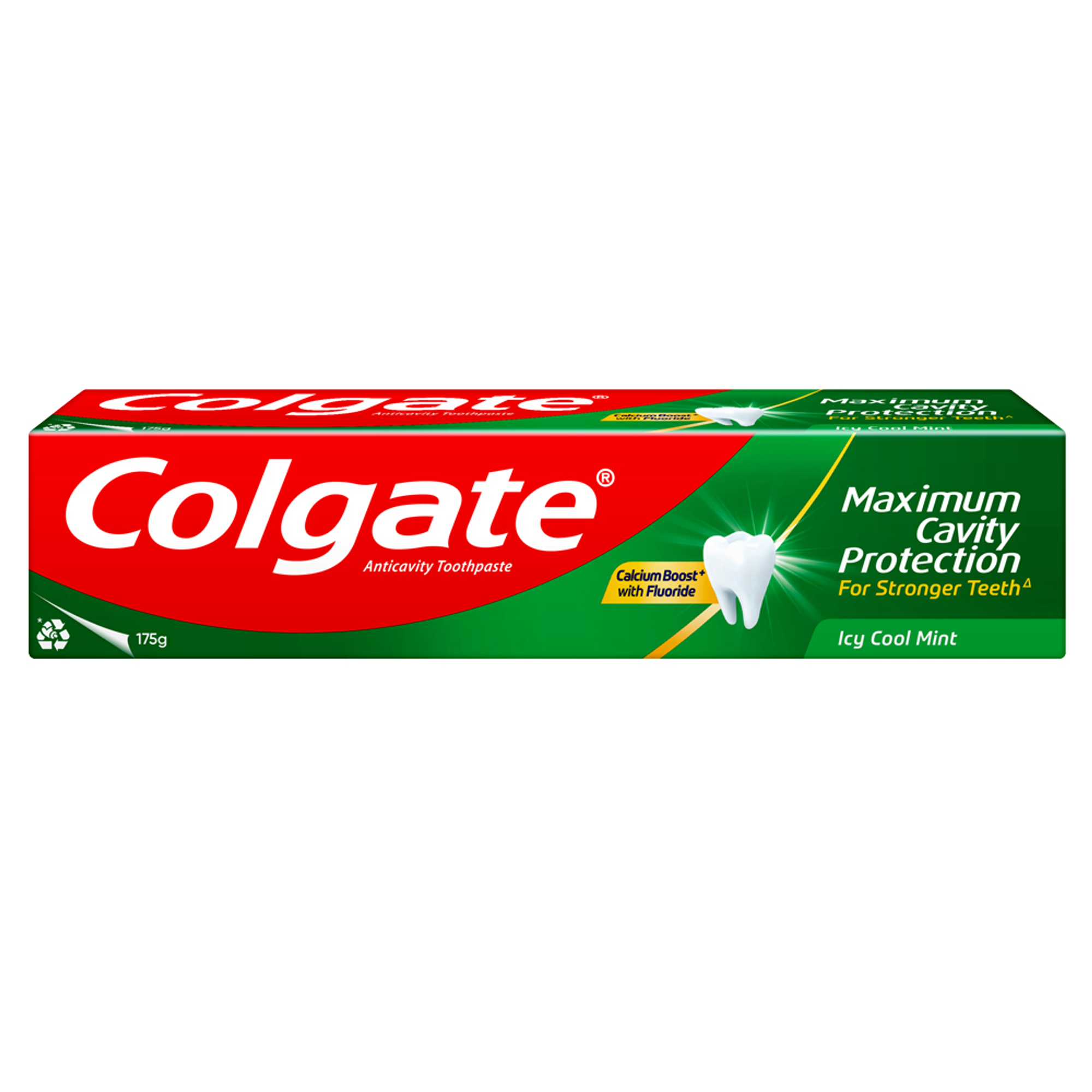How Do Root Cavities Develop?
Whether a cavity forms on the root of the tooth or on a part of the tooth that is exposed, the way the cavity develops is the same. Cavities form as a result of acids produced by bacteria that naturally live in the mouth and feed on sugar. As the Ministry of Health (MOH) explains, these acids dissolve the minerals on the surface of the tooth, eroding the enamel or creating pits called dental caries.
However, in the case of root cavities, the acids eat away at cementum, which is the material that covers tooth roots. Cementum is softer than tooth enamel and is also susceptible to decay. The development of root cavities is actually twice as fast as other types of cavities, according to a review in the Cochrane Database of Systematic Reviews (CDSR) in the United States.
One factor that can contribute to the development of root cavities is the recession of gums. When gums pull away or recede from the teeth, they leave the roots exposed. Although the CDSR review calls receding gums a "prerequisite" for root cavities in nearly all cases, it also notes that 10 - 20% of cavities in the roots of teeth develop beneath the existing gum line.
Who Is at Risk for Root Cavities?
MOH notes that time naturally exposes the teeth to more wear and tear, chemical and bacterial attacks, so older people will face more issues with cavities. They also tend to have gum recession, which exposes the roots of the teeth, which do not have the protective enamel layer and are thus more prone to dental cavities. Illnesses, limited hand dexterity or low vision creates limitations to oral hygiene as well. It's also more common today for older individuals to retain their teeth throughout their life.
But, much like other types of cavities, how well a person cares for their teeth directly influences their risk of decay. If older people lose their dexterity, brushing and flossing can become increasingly difficult, so it's important for them to find ways to maintain proper oral hygiene on their natural teeth. If they smoke, consume excessive sugary or acidic foods, and snack frequently between meals, they may be even more susceptible to root cavities, explains SingHealth.
How to Treat a Root Cavity
Treatment for root cavities is similar to that of other cavities. If a dentist detects the cavity early on, they might be able to stop the decay process and protect the tooth from further damage. Ways to reverse the process of decay include lifestyle modifications, changing your tooth brushing method, fluoride treatments and, if necessary, sealing the deep grooves on the chewing surfaces of teeth, reports MOH.
When a root cavity is severe enough to cause a person pain or to interfere with the functioning of the tooth, it's usually necessary to fix the cavity by restoring the tooth. Restoration involves a dentist removing the decayed area of the tooth, then filling it with a restorative material, such as a composite resin or amalgam filling.
What You Can Do to Prevent Root Cavities
It is possible to prevent the formation of root cavities and other types of cavities. These steps can help you avoid tooth decay anywhere on your teeth, as outlined in this MOH article:
- Brush at least twice a day and floss daily to remove plaque from between teeth and below the gum line.
- Go for regular dental check-ups. Preventive care can help stop problems from occurring and keep minor problems from turning severe.
- Eat a well-balanced diet that limits starchy or sugary foods. In the event that you do eat these foods, try to consume them together with your meal instead of as a snack to minimise the number of times that your teeth are exposed to acid.
- Use dental products that contain fluoride, including toothpaste.
- Make sure that your children's drinking water is fluoridated. If your water supply does not contain fluoride, your dentist or paediatrician may prescribe daily fluoride supplements.
Additionally, if you have receding gums, ask your dental professional if there is anything more you can do to restore your gum health and reduce your risk of developing root cavities. By working as a team, you and your dentist can take steps to treat and prevent these cavities.













